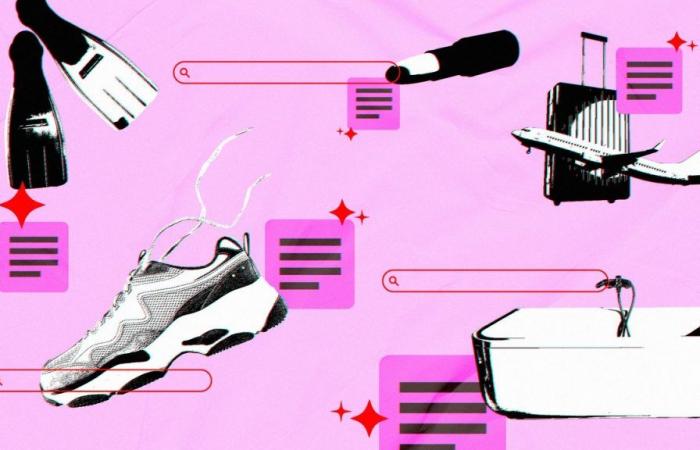Microsoft and Google also have not told advertisers exactly when their ads have appeared in AI features, limiting their ability to measure profitability compared to ads in traditional search. And companies haven’t shared much advice on crafting ads for the new search features, according to four advertising agency executives, including Thompson. Sainsbury-Carter highlights that the main recommendation for advertisers is that it is enough to optimize ads for Bing in general.
Thompson, whose agency also represents Microsoft’s Azure Cloud business, has come up with his own theory on how to adapt: Instead of targeting people who are looking for a specific product, advertisers need to educate people who have never heard of the item. or service first, as it seems that users consult Copilot by asking general questions.
Instead of targeting just short phrases like “cold dip,” Plunge is currently trying to run ads on Bing for longer queries like “How to cold dip,” “Where do I cold dip,” and “What is the temperature?” optimal for cold immersion”; as low as two degrees Celsius (37 degrees Fahrenheit), Thompson adds.
Thompson believes that the strategy is working because clicks on Bing ads from his clients have increased, although the growth of the search engine to 140 million daily users, compared to 100 million a year ago, also plays a role. She is further reassured by Google’s statement at its big annual advertising conference last month that users find ads for new experiences less gimmicky. But it is not definitive. “There is still not enough transparency,” he asserts.
AI search will expand
There is no doubt, however, that Microsoft considers Copilot essential to the search function. Its intense promotion and integration undoubtedly contributed to the number of queries on Bing that included at least some use of Copilot growing four times faster last year than traditional searches alone, according to the company, which declined to share specific figures. . Those who used Copilot in some way during the second half of last year seemed to get to the answers sooner, reducing search time by 12% and increasing clicks on ads by 30%.
That puts more pressure on advertisers to refine their messages and have Microsoft algorithms serve them on the right queries. About four out of every five ad clicks on Copilot during testing over the past year came from conversations with chatbots which lasted less than a minute, highlights Sainsbury-Carter.
Advertisers and consumers better get used to it, because ads are about to spread to other services that use AI. Snapchat, Chinese tech giant Baidu and German newspaper Bild signed an agreement to use Microsoft technology to serve ads on their chatbots. Ahrim Nam, a spokesperson for Snap, says the partnership has moved beyond the experimentation phase, but declines to provide further details. Baidu declined to comment, and Bild did not respond to our request for comment.






